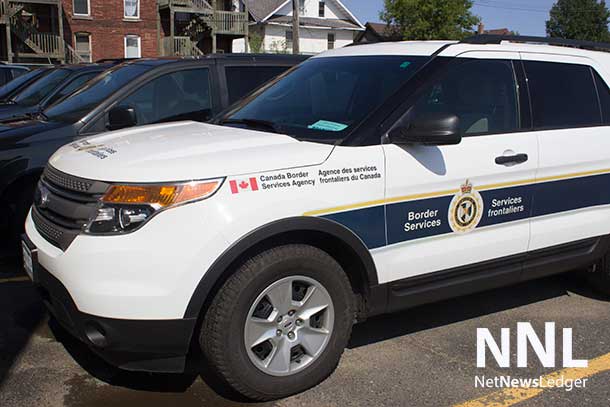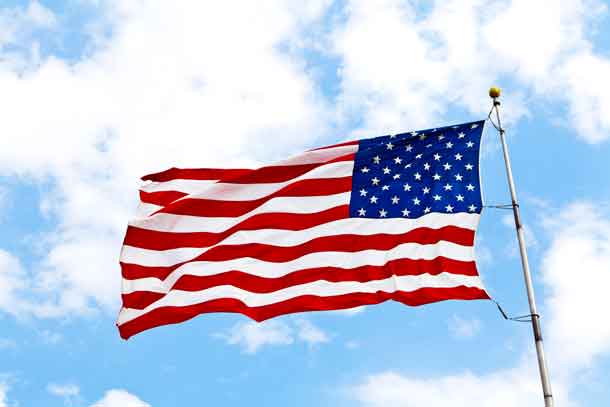Fort Frances – NEWS – There might be a little light in the COVID-19 tunnel for long suffering tourist related businesses in Western and Northern Ontario.
Beginning on August 9th, 2021 at 12:01 a.m. EDT, fully vaccinated United States (U.S.) citizens and permanent residents will be eligible to enter Canada for discretionary (non-essential) reasons, such as tourism, however these individuals must:
1) be fully vaccinated: to be considered fully vaccinated, a traveller must have received the full series of a vaccine — or combination of vaccines — accepted by the Government of Canada at least 14 days prior to entering Canada. Currently, those vaccines are manufactured by Pfizer-BioNTech, Moderna, AstraZeneca/COVISHIELD, and Janssen (Johnson & Johnson).
2) be residing in and travelling from the U.S.;
3) have a valid pre-arrival COVID-19 molecular test result taken in the U.S. (antigen tests are not accepted);
4) be asymptomatic;
5) submit their mandatory information via ArriveCAN, including proof of vaccination in English or French;
6) be admissible under the Immigration and Refugee Protection Act; and,
7) take a test on arrival, if required.
Businesses across the region have told NetNewsLedger that the border closure has been especially hard on them. Especially on seasonal businesses like fishing and hunting camps.
The border closure while protecting people from the pandemic has hammered the economy. Across the region many businesses are closed, and some are likely to feel the effects of the pandemic for years to come.
Additional measures will also take effect on August 9th at 12:01 a.m. EDT. These include but are not limited to the following:
- Allowing discretionary (non-essential) travel for fully vaccinated French citizens who reside in Saint-Pierre-et-Miquelon and have only been in Saint-Pierre-et-Miquelon, the United States or Canada 14 days before their arrival in Canada.
- U.S. citizens or permanent residents who are habitual residents of Hyder (Alaska), Northwest Angle (Minnesota) or Point Roberts (Washington) will be eligible to enter Canada to carry out everyday functions and access goods and services within their neighbouring Canadian communities, regardless of vaccination status, so long as they remain in those communities while in Canada.
- Travellers arriving by marine mode will be required to provide proof of a valid COVID-19 molecular test result taken before arriving in Canada. They will also be required to submit their mandatory information including their proof of vaccination and suitable quarantine plan in ArriveCAN before or when entering Canada. If a boat does not land in Canada, doesn’t make contact with another boat, doesn’t moor or anchor while in Canadian waters, other than anchoring in accordance with the right of innocent passage under international law, the travellers will not be required to submit a pre-arrival test or their mandatory information via ArriveCAN.
- Fully vaccinated French citizens who reside in Saint-Pierre-et-Miquelon, and U.S. citizens and permanent residents arriving by air who are seeking to enter Canada for a discretionary (non-essential) purpose must submit their mandatory information, including their proof of vaccination, using ArriveCAN (mobile app or by signing in online) before they board their flight to Canada. Travellers who are unable to show their ArriveCAN receipt – either on their mobile device or a printed copy – will not be allowed to board their flight.
- Government approved accommodation (GAA) will be eliminated for all travellers.
- International arrivals will be expanded to the following airports: Halifax Stanfield International Airport, Quebec City Jean Lesage International Airport, Ottawa MacDonald Cartier International Airport, Winnipeg James Armstrong Richardson International Airport, and Edmonton International Airport.
- Mandatory randomized testing for fully vaccinated travellers arriving at designated ports of entry will be implemented.
It is important to note that travellers arriving before 12:01 a.m. EDT on August 9th will not benefit from these eased border measures.
While Canada is moving forward with these measures, it’s important to note that the U.S is not opening its land border to Canadians for discretionary (non-essential) travel at this time. For information about U.S. requirements, please contact U.S. Customs and Border Protection.







